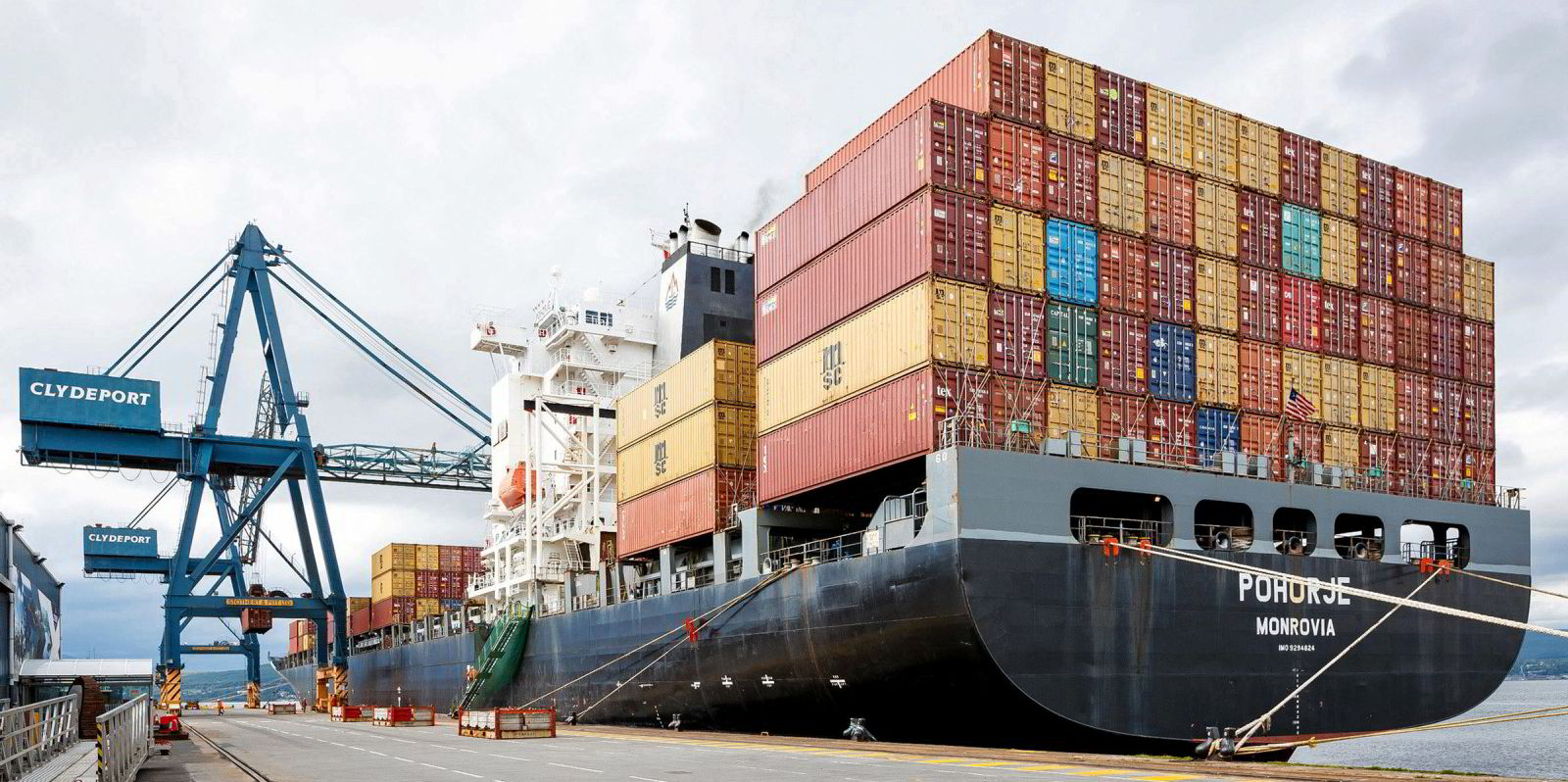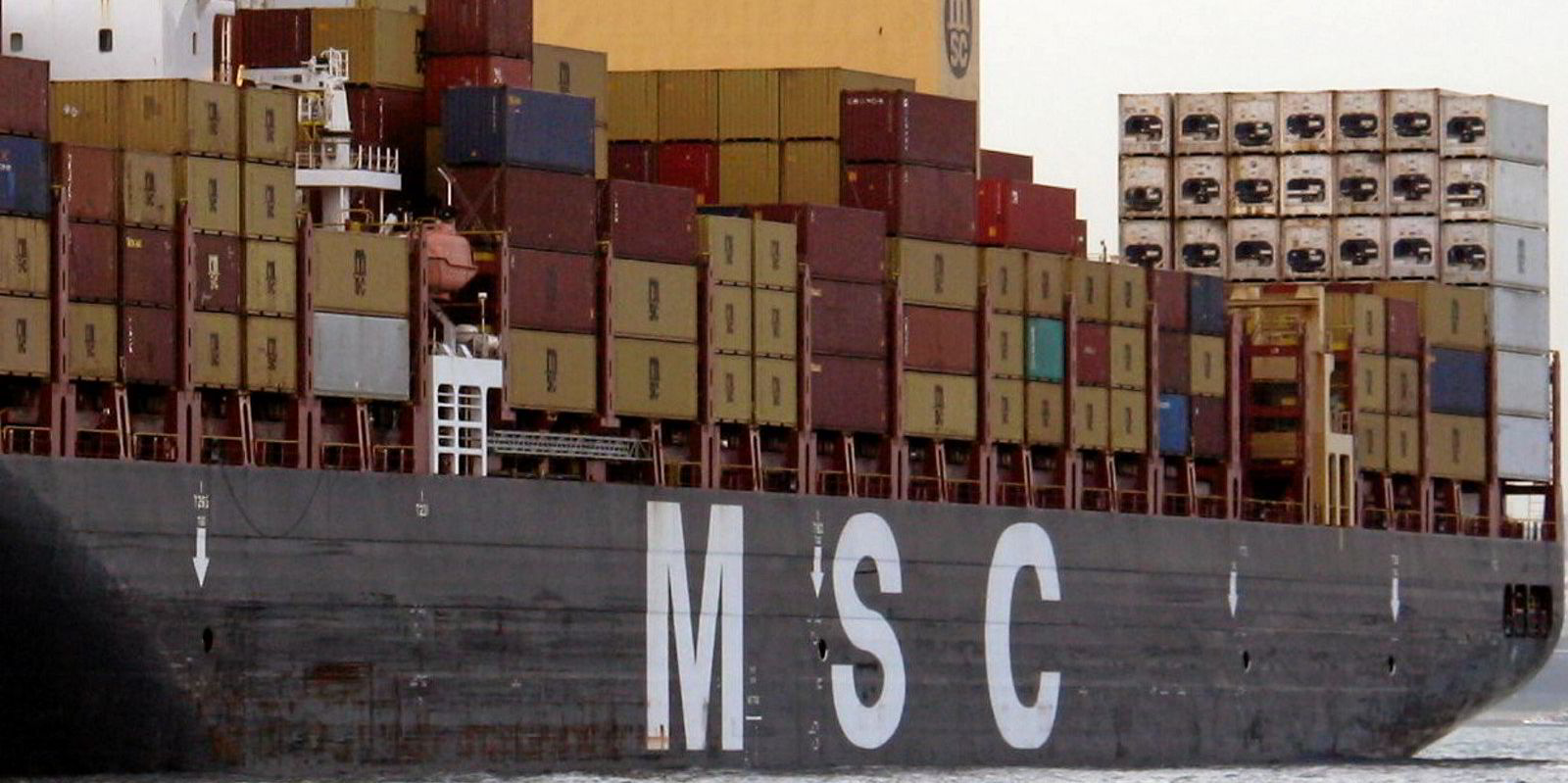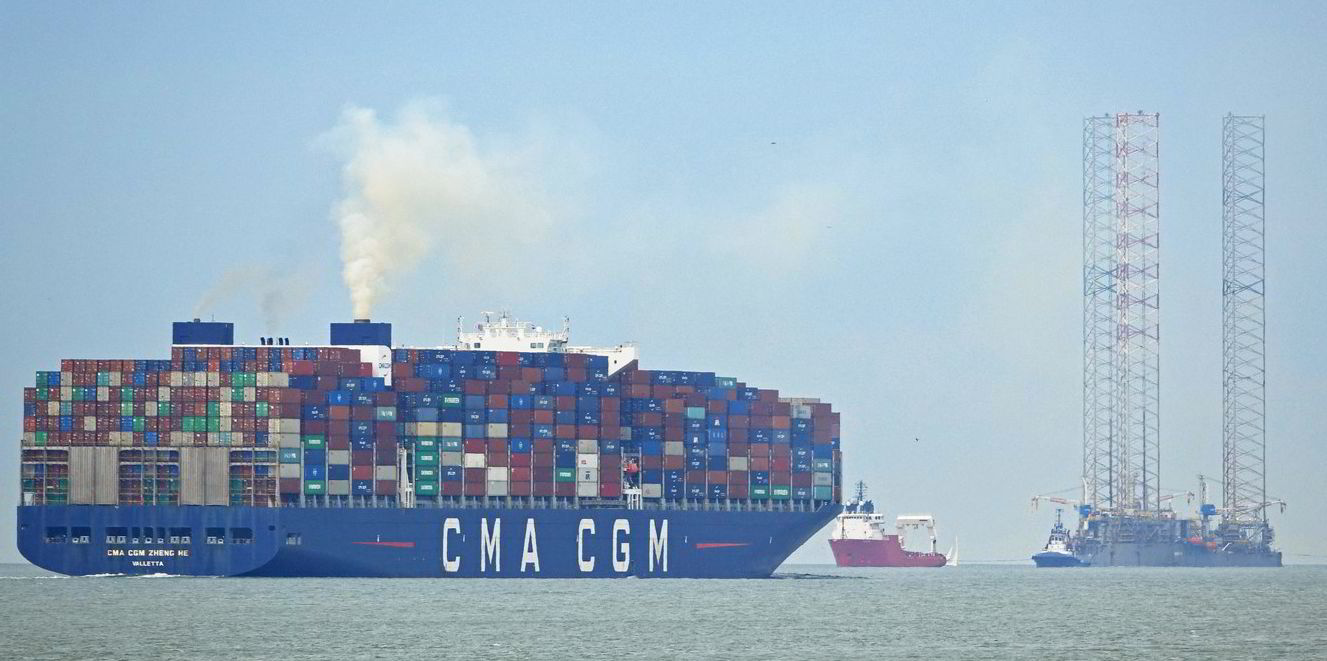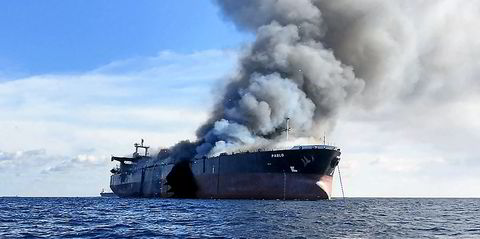Top-tier liner operators CMA CGM and MSC Mediterranean Shipping Company continue to propel both boxship secondhand and charter markets forward.
MSC has continued its unprecedented buying spree with more purchases, including the last container ship in the fleet of Slovenian owner Splosna Plovba.
The Geneva-based owner is paying about $21m to pick up the 4,000-teu Pohorje (built 2006).
That follows the acquisition of the 4,506-teu CO Nagoya (built 2008) for $18m from Cosco Group, as well as two older vessels purchased from Taiwanese operator Evergreen Marine.
The 5,364-teu Ever Unific and Ever Liberty (both built 1999) have been taken on private terms with trading certificates valid until the first quarter of 2024, according to shipbroker Braemar.
A fifth vessel — the 5,570-teu Maersk Yamuna (built 2004) — has been purchased by MSC from rival AP Moller-Maersk.
The world’s largest carrier has purchased more than 300 secondhand ships of 1.2m teu since August 2020, according to Alphaliner.
That is equivalent to the size of a carrier between the sizes of South Korean HMM — the seventh-largest liner operator — and eighth-placed Ocean Network Express (ONE).
CMA CGM has also been keeping up the pace in the large boxship sector, where it has made several recent acquisitions.
Brokers say the French liner giant has declared a purchase option for the 9,500-teu Santa Liana (built 2008) at a firm price of $52.3m.
The Offen Group-controlled vessel operates as the CMA CGM Pelleas in services between Asia and the Middle East.
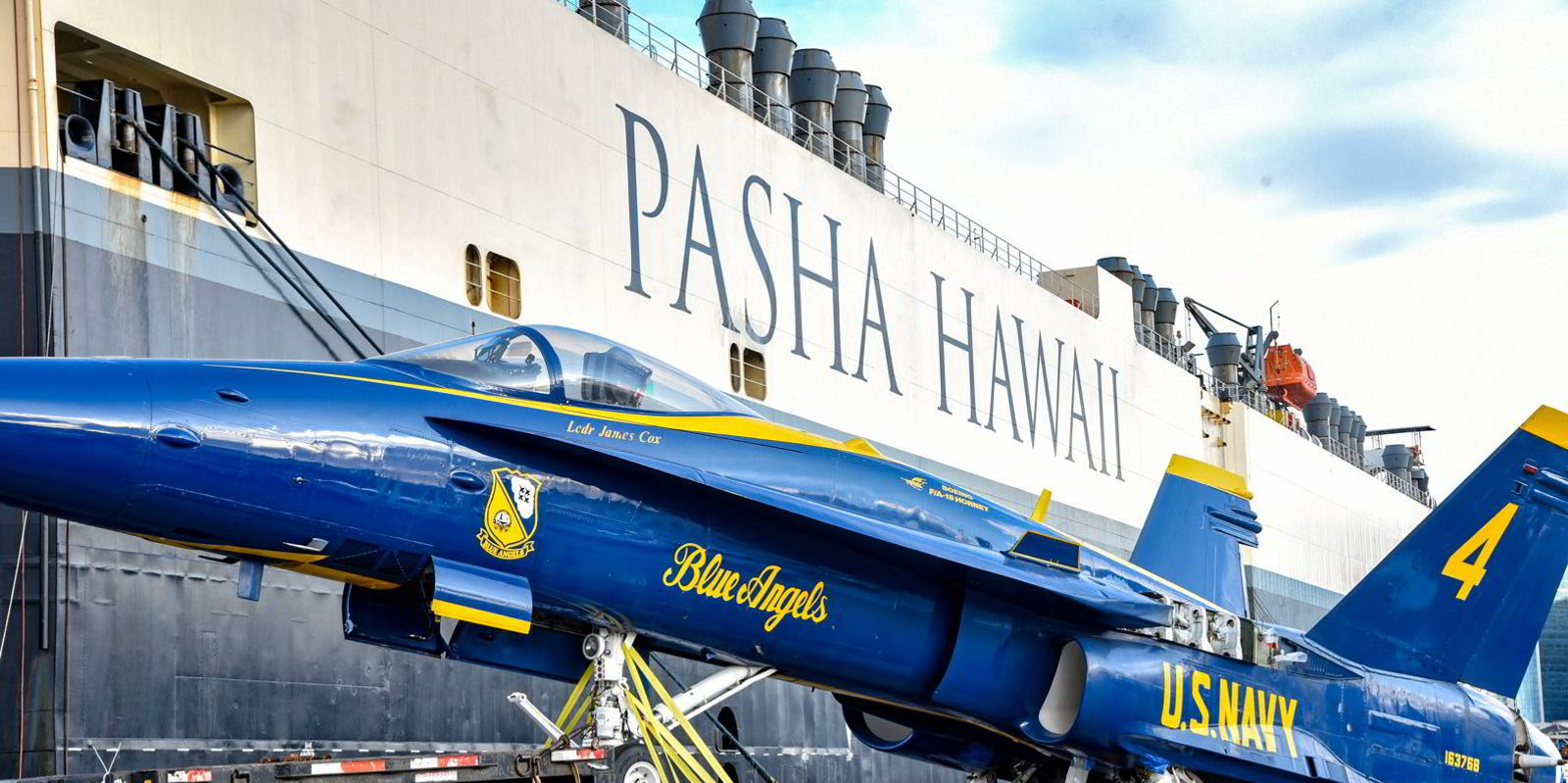
The Marseille-based owner is reported to have purchased a traditional panamax boxship from Rickmers family-controlled Asian Spirit Steamship Co.
The 4,220-teu scrubber-fitted Spirit of Lisbon (built 2010) is said to have been bought for $24m.
It is the second deal between the two parties since the German-run company sold the 3,405-teu CMA CGM Lome (ex-Spirit of New Delhi) in late 2022.
The acquisitions have been made in a charter market that has gradually strengthened since the start of the year.
Charter rates have risen on average by around 10% from their low point at the start of the year.
Periods have grown considerably longer and, in some cases, the length of charters has doubled.
The 6,350-teu Brighton (built 2008) is reported fixed with Japanese liner operator ONE.
The Zodiac Maritime-owned vessel is said to have been taken from dry dock in May at a price of about $32,500 per day for two years.
That is the longest period concluded so far this year for a vessel in this segment.
Costly relets
MSC and CMA CGM are also both taking a pair of boxships, which are being relet for a massive loss by their charter, Pasha Hawaii.
The 3,586-teu AS Nadia and Navios Spring (both built 2007) have been fixed to the two liner giants for 12 months in the region of $20,000 per day.
That will equate to a hefty loss of about $40,000 per day for the charterer of the two vessels. The ships were taken on charter in January 2022 by Pasha Hawaii in partnership with US retailer Costco at rates of more than $60,000 per day.
In the smaller feeder sizes, it is mainly Chinese operators that have had the most appetite to charter vessels.
That has enabled Capital Ship Management to charter out the 1,809-teu Aias (built 2023).
Brokers said the ship has been taken by China’s Rongcheng Logistics of China for 12 months at around $18,750 per day.
The vessel is the third of a series of modern Bangkokmax designs that the Greek owner ordered at South Korean shipbuilder Hyundai Mipo Dockyard.
The first two were fixed with China United Lines earlier this year for operation in its transpacific service.
Separately, the 1,714-teu G Box (built 2018) is reported sold by CSSC Shipping of Hong Kong for around $20.5m, according to VesselsValue.
The vessel is currently listed in the fleet of Alfa Ship Manager of Singapore on charter to Shanghai Jinjiang Shipping.
The lingering resilience of the container charter and secondhand market contrasts with the weakness of container freight markets where rates continue to fall.
